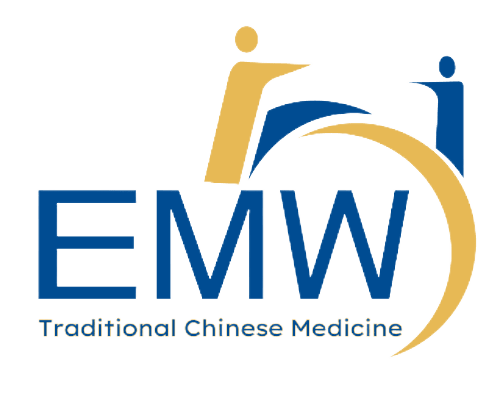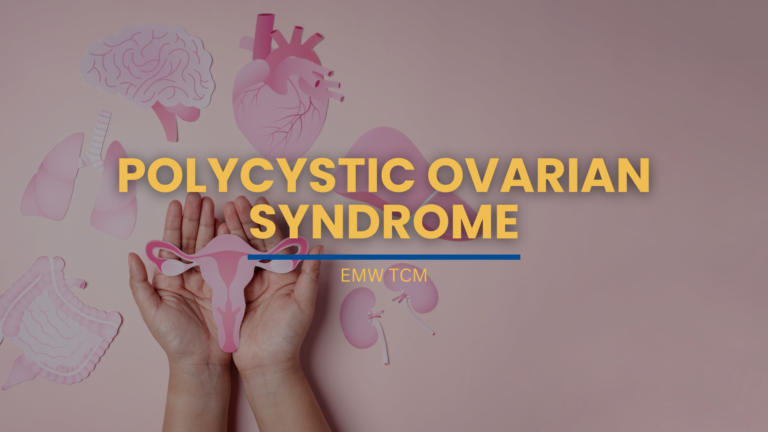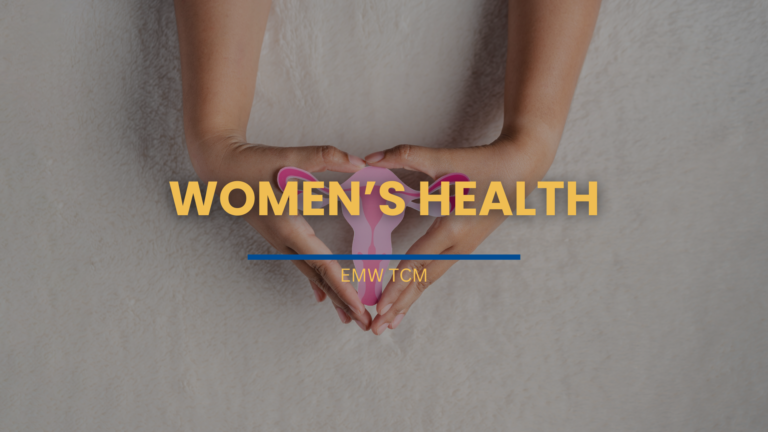TCM Endocrine Health
Recently, TCM has been shown to help improve endocrine and hormonal health in many clinical studies. Slowing the aging process and keeping you young and healthy as you age is possible with a robust endocrine system that continues to secrete proper amounts of hormones.
Fluctuation in hormone levels is normal, notably during adolescence, pregnancy, breastfeeding, and menopause. However, if you have a hormonal imbalance, in which your body continually generates too much or too little of a certain hormone, even minor variations can have major consequences throughout your body.
How EMW improve Endocrine Health
The key to the success of TCM is that each patient’s treatment plan is unique. TCM does not recognize hormonal imbalance as one particular syndrome, and treatment is prescribed precisely according to each individual’s pattern to maximize its effectiveness.
In EMW TCM, we strive to improve the body’s regulatory mechanisms and eliminate factors that impair the body’s self-healing ability. At your first visit, our physicians will make a clear diagnosis of your body constitution to decide on an individualized treatment plan. Treatment options usually include electro-acupuncture (EA), herbal medicine, supplemented by auricular ear seed acupuncture, massage, etc.
Acupuncture, herbal medicine, and moxibustion are safe and effective treatments that promote a healthy balance. Acupuncture and EA help to stimulate and enhance the body’s self-healing process, while herbal medicine extends treatment by restoring the body’s energy balance even after leaving the treatment room.
Signs or Symptoms
- Fatigue
- Irregular menstruation
- Mood swings
- Depressed or anxious
- Reduced sex drive
- Unexplained weight gain or weight loss
- Change in bowels habits
- Muscle or joint pain and stiffness
- Increased or decreased heart rate
- Excessive sweating
- Heat or cold intolerance
- Infertility
- Dry skin
- Frequent urination
- Increased thirst
- Increased hunger
- Erectile dysfunction
Most people encounter at least one or two periods of hormonal imbalance during their lifetime, and it is totally normal to experience some symptoms as we age and our bodies adapt to these changes in hormones; however, if your symptoms persist or worsen, you should consult a doctor.
Thyroid Disorders
The thyroid gland is found within the neck and produces hormones, T3 and T4, that are released into the bloodstream to regulate the body’s metabolism, growth, nutrient absorption, and temperature regulation. When the thyroid gland does not secret the correct amount of T3 and T4, the metabolism goes either too fast or way slow. The two conditions that may occur are hyperthyroidism and hypothyroidism. [1]
Detailed explanation on how TCM can help with thyroid disorders can be found by clicking the image above.
PCOS is the most common endocrine and metabolic disorder in women of reproductive age. It is characterized by high levels of male sex hormones (hyperandrogenism), infrequent menstruation (oligo/amenorrhea), and the formation of many small cysts (fluid-filled sacs) in the ovaries. Symptoms of hyperandrogenism may include acne, skin inflammation (seborrhea), scalp hair loss, and increased body or facial hair.
Detailed explanation on how TCM can help with PCOS can be found by clicking the image above.
Infertility affects about 15% of couples worldwide, reaching 48.5 million couples. Men are solely responsible for 20-30% of infertility cases and have been found to contribute to 50% of all cases. Endocrine testing is recommended for men with clinical findings suggestive of abnormal semen parameters (especially low sperm count), sexual dysfunction, or specific endocrine disorders. [2]
Detailed explanation on how TCM can help with male fertility can be found by clicking the image above.
A woman’s body goes through many cycles in the course of a lifetime. From the onset of puberty, healthy pregnancy, and menopause, with many years of menstruation in between, a woman’s body is in a constant state of change. Acupuncture and Chinese herbal medicine work to restore balance and overall vitality to women along any stage of their journey.
Detailed explanation on how TCM can help with women’s health can be found by clicking the image above.
Reference
[1] ARSOVSKA, Blagica; ZHU, Jihe. Thyroid disorder: treatment with acupuncture. International Journal of Scientific Reports, [S.l.], v. 3, n. 7, p. 227-229, jun. 2017. ISSN 2454-2164.
[2] Practice Committee of the American Society for Reproductive Medicine (2015). Diagnostic evaluation of the infertile male: a committee opinion. Fertility and sterility, 103(3), e18–e25.
Our TCM Physicians
Principal TCM Physician
- M.Med(TCM Gynaecology)
- B.Sc(Hons) Biomedical Sciences
- Dip. Naturopath
- Ayurvedic Therapist(500hrs)
- Registered TCM Physician (Singapore MOH)
Senior TCM Physician
- M.Med(TCM Acupuncture & Moxibustion)
- B.Sc(Hons) Biomedical Sciences
- Certified Aromatherapist
- Registered TCM Physician (Singapore MOH)
TCM Physician
- M.Med(TCM Gynaecology)
- B.Sc(Hons) Biomedical Sciences
- Registered TCM Physician (Singapore MOH)
TCM Physician
- B.Med(TCM)
- B.Sc(Hons) Biomedical Sciences
- International Board-Certified Lactation Consultant (IBCLC)
- Registered TCM Physician (Singapore MOH)









